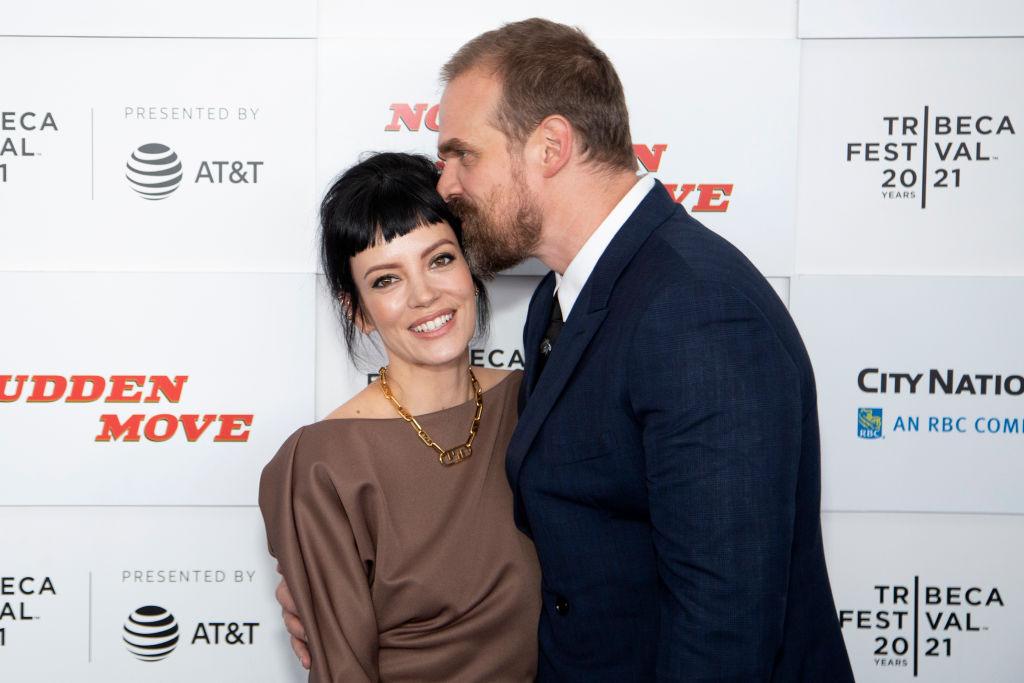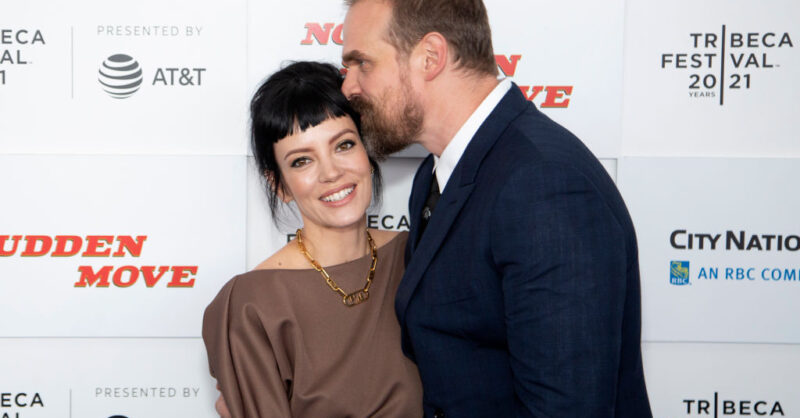
The oldest promise of the confessional is recognition – hear this and know yourself, share and be absolved. But disclosure in the digital age is a Faustian bargain, a sacrifice at the altar of the algorithm. Lily Allen’s West End Girl sits precisely in that contradiction – frank enough to feel risky, staged enough to survive. In the platform era, women’s honesty is both a lifeline and a levy, and Allen’s album models how to turn the cost of consumption into control.
As the market’s appetite for honesty has grown, the confessional has become more intense. Against 1960s repression, Sylvia Plath’s The Bell Jar used the mask of pseudonymity to write about the intimacy of women’s experience. By the 1990s, Elizabeth Wurtzel could speak in first-person about her mental illness in Prozac Nation, and Chris Kraus’ I Love Dick was a pedestal-piece for the brazen contemporary art scene. Then in the 2000s, female confession found a new home in the blogosphere, written by and for ordinary women. Lily Allen’s 2006 debut album Alright, Still was frank, funny, and unafraid to name names. With a kitchen-sink ethos and a Riot Grrrl’s makeshift bravado, it seemed to be the final word on authenticity.
When the cycle of confessional culture turned again, a new generation of influencer-memoirists like Caroline Calloway and Julia Fox showed a generation how to make a glossy spectacle of selfhood. Allen has weathered these shifts; her work and persona have always traded in the first-person singular (and she was allegedly reading Calloway during her West End debut). After seven years away from music, West End Girl is the latest evolution in Allen’s ongoing performance of the self.
Second-wave feminism made the personal political. Platform capitalism says the personal is performance. West End Girl’s post-confessional feminism is a mode of storytelling for our all-consuming digital age, one that treats confession not as one-off truth-telling but as a multi-platform performance.
Allen has long understood that the market craves exposure: a sharp detail, a bodily admission, a tongue-in-cheek line about something taboo. Over the years we’ve learned about her abortions, affairs, OnlyFans, of her anger and appetite. She has sometimes been aggressively forthcoming. Her provocations are part of what makes her compelling and, for some, combustible.
It is remarkable that this frankness still lands with such force. In a culture that remains hostile to the messy reality of bodies, beauty, and reproductive healthcare, the act of saying things plainly can feel radical. Women hear themselves in Allen’s honesty – sometimes wincingly, sometimes cathartically, and sometimes with the revelation that even their self-contradictions can be lovable.
But confession is labour, and it is not gender-neutral. Women are especially incentivised to narrate themselves online. Oversharing is algorithmically encouraged, particularly for those whose currency is “relatability”. While Allen’s early hits like “Not Fair” played stories of sexual grievance as pop wit, her contemporary persona feels even less filtered: here is what happened, here is what I felt, here are the details in their glory and gore. The fact that the album was recorded in ten days only adds to the confessional fervour.
Subscribe to The New Statesman today from only £8.99 per month
We have a fetish for public breakdowns, but being believable isn’t easy. Women pay a surcharge for credibility: show us the bruise, the prescription bottle, the card he wrote you, the name of his lover. Allen’s decision to debut on Substack this week is unsurprising in this context. The newsletter is the late-capitalist diary: intimate and transactional. With it, Allen situates West End Girl in the canon of personal essays and confessional memoir.
The songs on West End Girl are written for an audience conditioned by a daily diet of clickbait content. “4chan Stan” and “Nonmonogamummy” nod conspiratorially to internet natives, while Allen’s hyperreal lyricism intensifies the parasocial – we feel that we shouldn’t be listening to this, that we shouldn’t know these details.
Allen once said that she wants to tell the truth for her daughters, so that they may hear the story from her. And she has undoubtedly paved the way for her daughters both in blood and in business. Her artistic descendants – among them Olivia Rodrigo, Lola Young and Pink Pantheress – have more freedom to be brazen as a result of growing up in her world. This is perhaps what “the personal is political” really means.
Allen learned early on that if you do not own the narrative, someone else will. “People try to reveal the most intimate details of my life without permission,” she told NME in 2018. The only way to outmaneuvre the content machine is to become the spectacle and the storyteller yourself. Choreograph your content roll-out, confess the un-confessable, maintain control. First comes the album drop. Next comes a theatre tour, the stage of the real-life story up for sale (Allen listed the now-infamous Brownstone days after the album release), and the actual players unmasked.
West End Girl is contemporary authenticity, demonstrating that confession, handled cannily, can be both art and armour. She describes the album as inspired by life but not strictly autobiographical. There is a line between honesty and exposure, and women are still being punished for not knowing exactly where it’s drawn. But West End Girl suggests something new: what if the point is not finding the line but showing you can draw it yourself, in public, over and over? What if power lies not in telling the “whole truth” but in demonstrating you are the one who decides which truths matter?
But when every feeling can become content, interiority begins to thin. The “I” in a Lily Allen song is both a person and a product. I recognise the temptation and the trap; I opened my nonfiction debut, Pixel Flesh, with a list of confessions because I knew how eagerly readers seek a blood pact. Those pages are the ones women tell me they carry around. They are also pages I sometimes wish I could take back.
[Further reading: Florence and the Machine’s season of the witch]
Content from our partners


